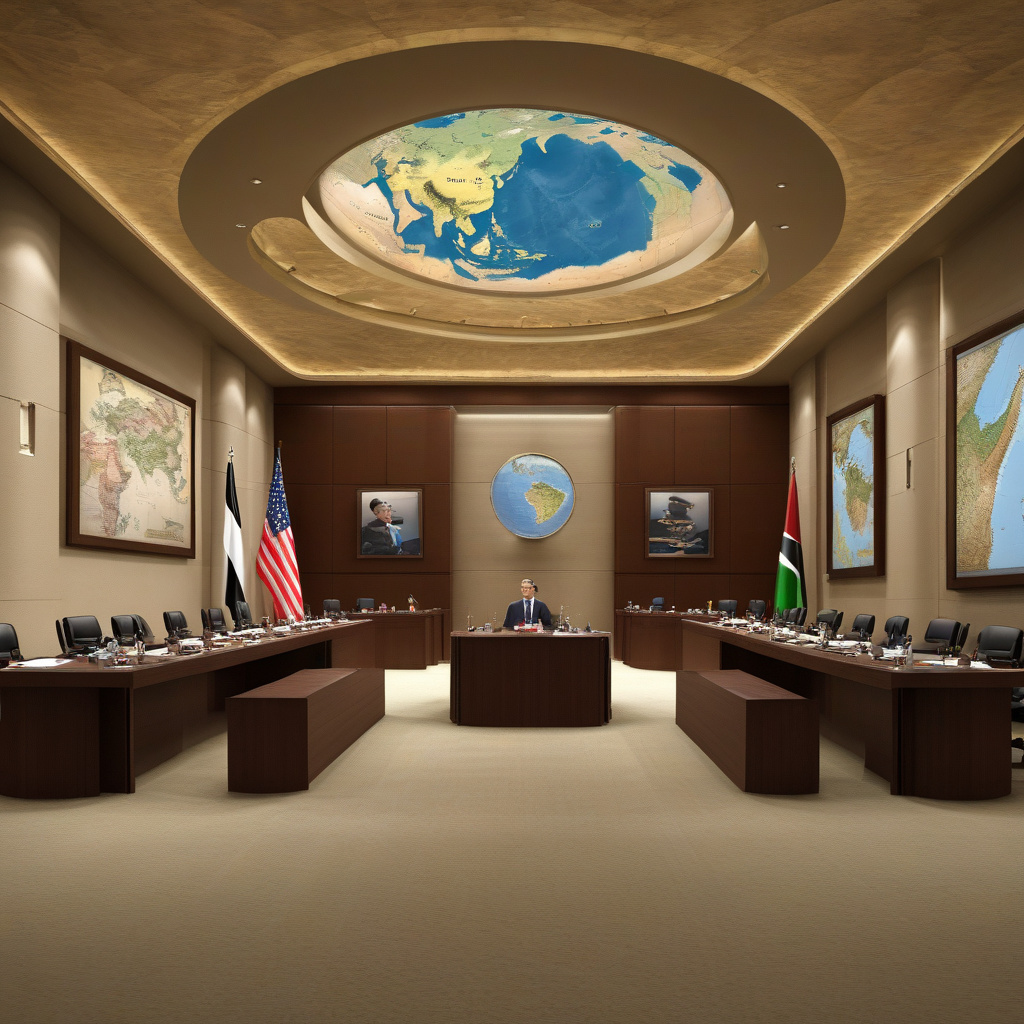“Israeli Airstrikes on Doha: A Catalyst for Strengthening Gulf-China Military Ties”
Israeli airstrikes on Doha that killed Hamas operatives have intensified regional drama and prompted emergency meetings among Gulf leaders. The incident has not only strained relations between Israel and Qatar but has also raised concerns about the broader implications for regional security dynamics. As tensions escalate, the concept of an ‘Arab NATO’ has resurfaced, with some speculating that the incident could push Gulf countries closer to China for military cooperation.
The recent Israeli airstrikes on Doha, which targeted Hamas operatives, have sparked outrage in Qatar and across the region. The attack represents a significant escalation in the long-standing conflict between Israel and Hamas, with Doha caught in the crossfire. The strike has not only resulted in casualties but has also reignited debates about the role of external powers in the Middle East.
In response to the airstrikes, Gulf leaders have held emergency meetings to discuss the implications of the incident. The heightened tensions have underscored the need for greater cooperation among Arab states to address common security concerns. The concept of an ‘Arab NATO’ – a regional security alliance aimed at countering threats in the Middle East – has gained renewed attention in light of recent events.
While the formation of an ‘Arab NATO’ remains a complex and contentious issue, some experts believe that the Israeli airstrikes on Doha could serve as a catalyst for closer military ties between Gulf countries and China. As traditional alliances are called into question, Gulf states may look to alternative partners for security cooperation. China, with its growing influence in the region and its willingness to engage with Gulf countries on economic and strategic issues, could emerge as a key player in shaping the future of Middle Eastern security dynamics.
The potential convergence of Gulf-China military ties comes at a time of shifting geopolitics and evolving security challenges. As the United States reassesses its role in the Middle East and traditional alliances are tested, Gulf countries are exploring new partnerships to safeguard their interests and enhance their security capabilities. China, with its expanding global footprint and strategic interests in the region, presents itself as a viable partner for Gulf states looking to diversify their security relationships.
In light of these developments, the Israeli airstrikes on Doha could mark a turning point in Gulf security dynamics and pave the way for closer cooperation between Gulf countries and China. While the road to enhanced military ties may be fraught with challenges and complexities, the incident has underscored the need for Gulf states to reassess their security strategies and explore new avenues for collaboration. As the region grapples with heightened tensions and shifting alliances, the prospect of strengthened Gulf-China military ties looms large on the horizon.
In conclusion, the recent Israeli airstrikes on Doha have not only escalated tensions in the region but have also prompted discussions about the future of Gulf security cooperation. As Gulf countries navigate a complex security landscape, the incident could potentially accelerate efforts to forge closer military ties with China. The evolving dynamics in the Middle East underscore the need for strategic recalibration and innovative approaches to address emerging security challenges. As the dust settles on the Israeli airstrikes, the Gulf-China military relationship stands at a crossroads, presenting both challenges and opportunities for regional security architecture.
Israel, Qatar, Gulf, China, MilitaryRelations









